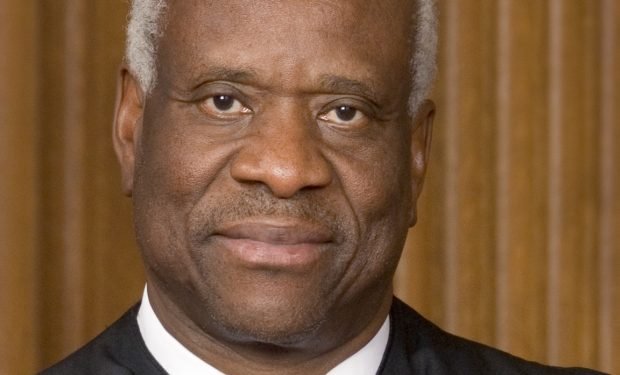For the many people who found oral arguments at the Supreme Court yesterday disconcerting for what appeared to be the justices’ openness to the idea that a president — including Donald Trump — could be “above the law” in some official capacities, lawyer and pundit George Conway takes a classic debater’s position and argues that there are positives to be taken from the high court’s approach.
Conway characterized the SCOTUS session as “abstracted” — like a law school seminar where the justices were trying to lay groundwork for a durable concept of presidential immunity that could last for the “next 300 years.” That was anathema to those who believe the focus should be on the particular case before them, and Trump’s actions specifically.
But Conway asserts that — contrary to the interpretations of many — the court working this way toward a durable definition of immunity’s scope could mean less risk of authoritarianism in the U.S., not more — as Trump’s detractors fear will be the case if he is not subject to a trial for his actions.
In trying to get the scope of immunity right in a way that goes beyond the specific facts of the current case, Conway implies the court could be creating guardrails that will prevent future chaos — of the type that Trump’s lawyers envision.
“I don’t think there is any justice — if they were just saying yay or nay on this case with these facts — I don’t know if there are any justices who would say that Trump can’t be prosecuted for this,” Conway says, admitting he could be wrong.
To illustrate his point, Conway draws an Orwellian picture of what could happen without good rules for presidential immunity protections in place, hauntingly suggesting a scenario that could strike America as soon as January.
Offering a reason for the abstracted approach as opposed to the single case approach, Conway says of the justices: “I do really think that they’re concerned, and not unjustifiably so, with the next case and the case after that.”
Conway considers the importance of that approach, hypothesizing about what might happen to Joe Biden: “You know it is possible that there could be an unjust and unconstitutional prosecution of a former president. Let’s say some guy is elected in 2024 and takes office in January 2025 and is some kind of a narcissistic sociopath…it’s possible that someone who fits that description becomes president…he might appoint some attorney general who might start…prosecuting anybody who has shown political opposition to that newly elected president.”
